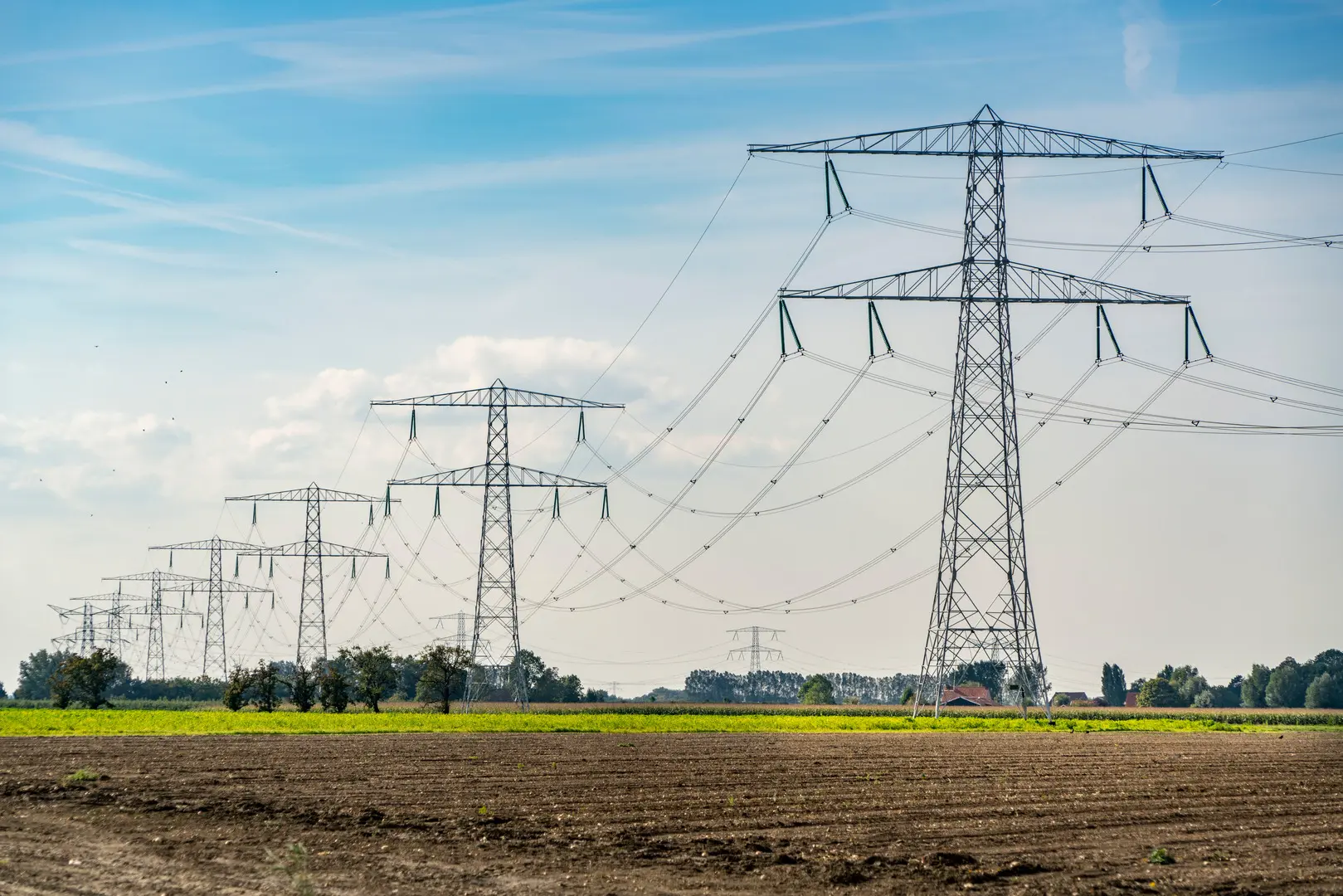SuedLink Power Transmission Line Takes Shape in a significant stride towards Germany’s energy transition as the nation has initiated the construction of the SuedLink power transmission line, marking one of the most critical projects in this ambitious endeavor. This direct current power line, stretching over approximately 700 kilometers, is set to connect the wind-rich northern states of Germany with its industrial hubs in the south. The commencement of construction in Schleswig-Holstein and southern Baden-Württemberg heralds a new era in Germany’s pursuit of renewable energy sources.
Scheduled for completion in 2028 at an estimated cost of 10 billion euros, the SuedLink project is poised to revolutionize Germany’s energy landscape. Robert Habeck, the Minister of Economy and Climate, lauded the project’s potential, stating, “SuedLink Will allow Germany’s south to revel in the huge advantages of wind power from the north. This will bolster supply security in Germany and for our neighboring countries.”
Also read: Approval Granted for $29 Million Sustainable Energy Hub at Lake in New South Wales
One of the most technically challenging segments of the power line is the section that runs along the Elbe River in northern Germany, managed by grid operator Tennet. Habeck emphasized that planning for implementation was ongoing along the entire length of the project, highlighting the complexity of this massive infrastructure development.
SuedLink will extend from Bergrheinfeld in southeastern Bavaria to Großgartach in southeastern Baden-Wurttemberg. After facing considerable opposition from local residents, the project has been redesigned as an underground line for the majority of its route through the country. With a transmission potential of four gigawatts, SuedLink has the capability to deliver energy to about ten million households on completion.
Key Milestone Reached as Construction Begins
Moreover, as construction on the SuedLink line kicks off, Habeck also revealed that the “West Coast Line” (Westküstenleitung), connecting Germany with wind power-rich Denmark, is almost completed. This development underscores Germany’s commitment to harnessing renewable energy sources from neighboring nations and improving cross-border energy connectivity.
The initiation of construction on the SuedLink power transmission line marks a crucial stage in Germany’s energy transition journey. As the nation strives to tap into the abundant wind power resources of its northern regions, the SuedLink project promises to enhance supply security, not only within Germany but also for neighbouring countries. Simultaneously, the nearing completion of the West Coast Line to Denmark underscores Germany’s dedication to strengthening its energy grid and collaborating with neighbouring nations in the pursuit of sustainable energy solutions. These milestones signify a brighter and more sustainable energy future for Germany and the broader region.

Leave a Reply